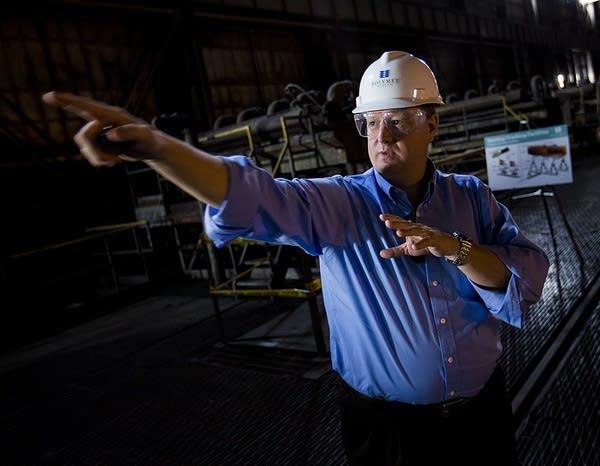PolyMet partners with fellow mining company Teck to develop Minnesota copper mines

PolyMet CEO Jon Cherry who announced the deal with Canadian company Teck Resources to a joint venture agreement to develop copper-nickel mining projects in northeastern Minnesota.
Derek Montgomery for MPR News
Go Deeper.
Create an account or log in to save stories.
Like this?
Thanks for liking this story! We have added it to a list of your favorite stories.


